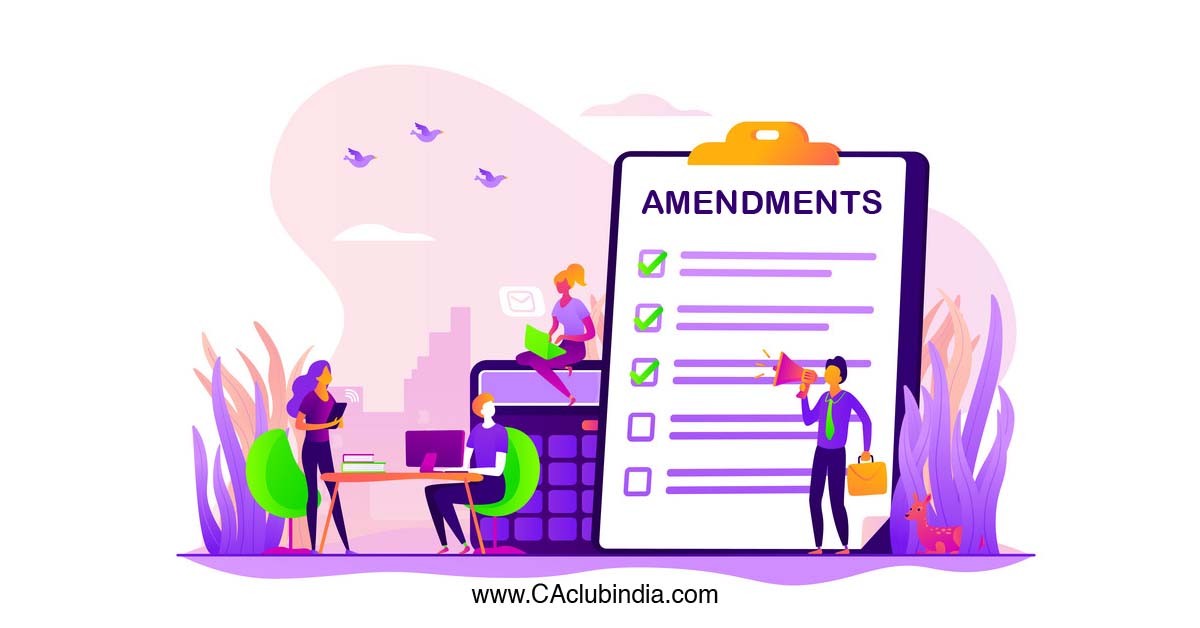The Income-tax Act requires taxpayers to pay advance taxes if their liability exceeds Rs. 10,000. However, under Section 234C, interest is charged for a full three-month period until the next installment date, which can be particularly unfair for certain groups, such as gig workers. This has raised the question: Will Budget 2024 introduce amendments to address this issue?

Current Advance Tax Requirements
For salaried individuals, disclosing total income, including non-salary portions like bank interest and rent, to their employer allows for monthly tax deductions at source. If not disclosed, they must ensure that advance taxes are paid, as the tax deducted by the employer might not cover the entire liability. Non-salaried individuals are responsible for computing and paying their own advance taxes.
The process involves:
- Estimating total income for the financial year.
- Deducting eligible exemptions and deductions based on the chosen tax regime.
- Subtracting tax deducted or collected at source.
- Computing the estimated tax. If the tax amount exceeds Rs. 10,000, advance tax obligations apply.
Advance Tax Payment Due Dates
- June 15: 15%
- September 15: 45%
- December 15: 75%
- March 15: 100%
Small taxpayers using the presumptive taxation scheme under Section 44AD (businesses) and 44ADA (professionals) can pay their entire advance tax in one installment by March 15. Additionally, senior citizens not earning income from business or profession are exempt from paying advance tax.
Challenges for Gig Workers and Freelancers
Gig workers and those without steady salaries, who haven't opted for or are ineligible for presumptive taxation, face difficulties estimating their annual income early in the financial year. Many moonlighters avoid the presumptive tax scheme that requires 50% of gross revenue to be taxed. Capital gains from future asset sales, which should be included in the next advance tax installment, add to the complexity.
An expert notes, "The rise in income opportunities for freelancers and new entrepreneurs makes it hard to predict annual income early in the financial year."
Interest and Penalty Issues
Under Section 234C, taxpayers face a 1% monthly interest for defaults until the next installment date. Even a one-day delay can result in a three-month interest charge. For example, if Mr. A should have paid Rs. 15,000 by June 15 but paid only Rs. 5,000, the shortfall is Rs. 10,000. Interest under Section 234C would be Rs. 300 (1% for three months).
"The penalty structure is stringent. Even a one-day delay in the first three quarterly installments results in a 3% interest charge for the delayed quarter. A more nuanced approach is needed. For instance, if the June 15 installment is paid by July 14, a lower interest rate of 1% could be applied instead of the punitive 3%, providing a buffer period and easing the burden of unforeseen delays," suggests the expert.
Call for Amendments
The Bombay Chartered Accountants’ Society (BCAS) has highlighted in their pre-budget memorandum that the Rs. 10,000 threshold limit was last amended by the Finance Act, 2009. Due to inflation, this limit should be increased. The 2016 budget introduced the requirement for non-corporate taxpayers to pay advance tax in four installments, a rule previously applicable only to corporate entities. The law should be amended to remove this requirement for individuals.
Before this amendment, advance tax due dates were:
- September 15: 30% of the tax liability
- December 15: 60% of the tax liability
- March 15: 100% of the tax liability
"To streamline tax compliance and incentivize participation in the evolving economy, broader relaxations from advance tax provisions for specific taxpayer categories are warranted. This includes freelancers, whose income is tied to project availability and market fluctuations, making income estimation difficult. Early retirees below 60 years, who generate income from various sources, could also benefit from such relaxation," suggests the expert.
Proposed Changes
The expert also suggests simplifying the advance tax framework and deferring advance tax liability for the first two quarters (Q1 and Q2) for individuals and new entrepreneurs. This would alleviate the burden of early and potentially inaccurate income estimation, enhance cash flow management for new businesses, and create a more supportive environment for taxpayers.
Conclusion
As Budget 2024 approaches, there is hope that it will address the challenges faced by gig workers, freelancers, and other taxpayers struggling with advance tax obligations. By introducing amendments to Section 234C and increasing the threshold limit, the government can provide much-needed relief and support for the growing segment of the workforce participating in the gig economy.





 CAclubindia
CAclubindia

